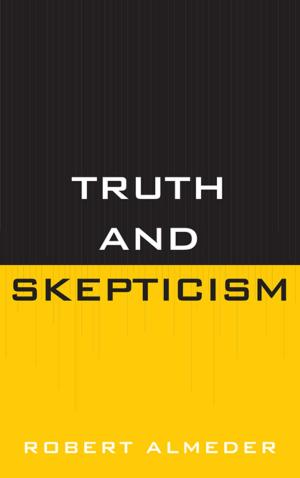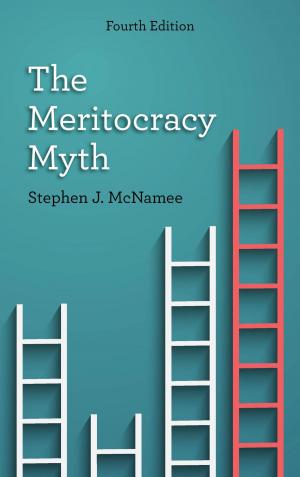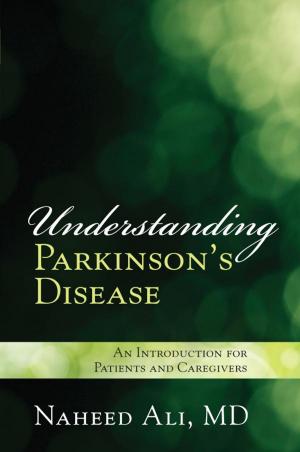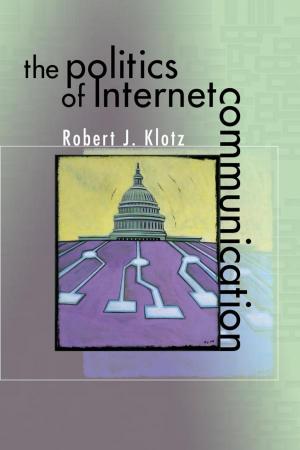Seeing Straight
An Introduction to Gender and Sexual Privilege
Nonfiction, Social & Cultural Studies, Social Science, Gender Studies, Gay Studies, Sociology| Author: | Jean Halley, Amy Eshleman | ISBN: | 9781442233553 |
| Publisher: | Rowman & Littlefield Publishers | Publication: | November 29, 2016 |
| Imprint: | Rowman & Littlefield Publishers | Language: | English |
| Author: | Jean Halley, Amy Eshleman |
| ISBN: | 9781442233553 |
| Publisher: | Rowman & Littlefield Publishers |
| Publication: | November 29, 2016 |
| Imprint: | Rowman & Littlefield Publishers |
| Language: | English |
Seeing Straight introduces students to key concepts in gender and sexuality through the lens of privilege and power. After an accessible overview, the book asks students to examine the privilege inherent in approaching heterosexual and cisgender identities as “normal,” as well as the problems of treating queer gender and sexuality as “abnormal.” Compelling real-life examples illustrate theory and empirical research, revealing phenomena that shape not only students’ own lives, but also their communities, their country, and the field of gender studies itself. The book addresses tough topics like hate, violence, and privilege, and it also considers institutionalized heteronormativity through the military, law, religion, and more. The book ends with a chapter called “It’s Getting Better” that presents evidence for queer hope and courage. Filled with compelling true stories, this book is an ideal introduction to gender and sexuality that encourages students to question their own assumptions.
Seeing Straight introduces students to key concepts in gender and sexuality through the lens of privilege and power. After an accessible overview, the book asks students to examine the privilege inherent in approaching heterosexual and cisgender identities as “normal,” as well as the problems of treating queer gender and sexuality as “abnormal.” Compelling real-life examples illustrate theory and empirical research, revealing phenomena that shape not only students’ own lives, but also their communities, their country, and the field of gender studies itself. The book addresses tough topics like hate, violence, and privilege, and it also considers institutionalized heteronormativity through the military, law, religion, and more. The book ends with a chapter called “It’s Getting Better” that presents evidence for queer hope and courage. Filled with compelling true stories, this book is an ideal introduction to gender and sexuality that encourages students to question their own assumptions.















